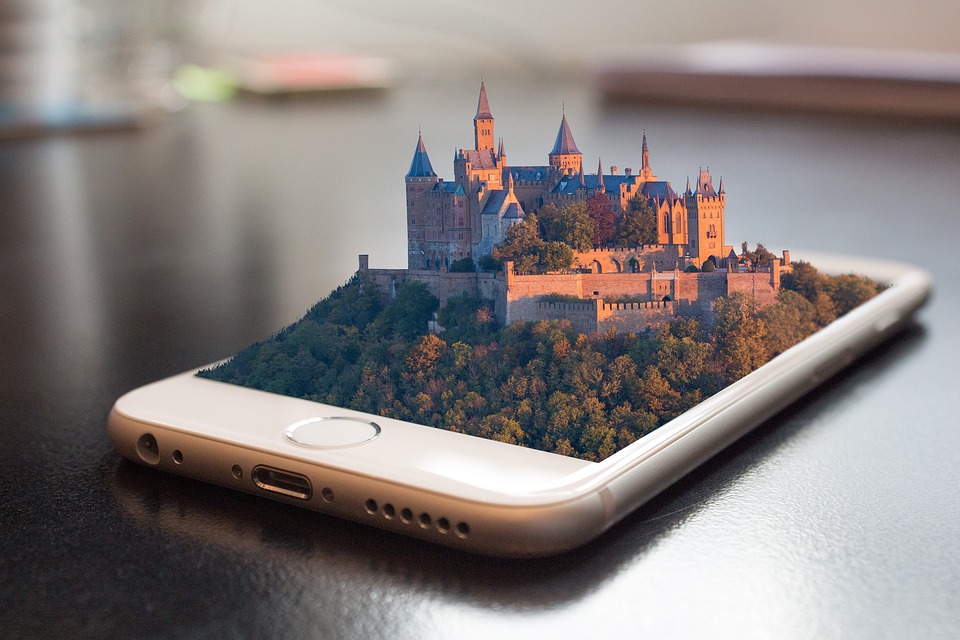Introduction
Social media has become an integral part of our daily lives, with billions of people using platforms like Facebook, Instagram, Twitter, and Snapchat to connect with others, share their experiences, and stay informed about current events. While social media has many benefits, such as enabling communication across long distances and providing opportunities for self-expression, there is growing concern about its impact on mental health.
The Rise of Social Media
Social media platforms have experienced explosive growth in recent years, with an estimated 3.6 billion people using social media worldwide in 2020. This widespread adoption of social media has fundamentally changed how we communicate, interact, and consume information.
- In 2019, Facebook reported that it had 2.45 billion monthly active users globally.
- Instagram, owned by Facebook, had 1 billion monthly active users in June 2018.
The Negative Effects of Social Media on Mental Health
While social media can provide a sense of connection and community, research has shown that excessive use of social media can have negative effects on mental health. From feelings of inadequacy to increased anxiety and depression, here are some of the ways social media can impact our well-being:
- Comparison and Envy: One of the most common negative effects of social media is the tendency to compare ourselves to others. Seeing carefully curated posts of friends and influencers living seemingly perfect lives can lead to feelings of envy and inadequacy.
- Depression and Anxiety: Studies have linked heavy social media use to higher levels of depression and anxiety. Constantly comparing ourselves to others and seeking validation through likes and comments can take a toll on our mental health.
- Sleep Disruption: The blue light emitted by screens can disrupt our sleep patterns, leading to poor sleep quality and insomnia. Many people report scrolling through social media late at night, which can interfere with their ability to relax and unwind before bed.
Case Study: The Instagram Effect
One platform that has been particularly associated with negative mental health outcomes is Instagram. With its focus on image and aesthetics, Instagram can exacerbate feelings of insecurity and self-doubt in users.
Research published in the journal Psychology of Popular Media Culture found that frequent use of Instagram was associated with higher levels of anxiety, depression, and poor body image among young adults.
Strategies for Managing Social Media Use
While the negative effects of social media on mental health are real, there are strategies that individuals can adopt to mitigate these risks. Here are some tips for managing your social media use:
- Set Boundaries: Limit the amount of time you spend on social media each day. Consider setting a timer or using apps that track your usage and remind you to take breaks.
- Curate Your Feed: Unfollow accounts that make you feel bad about yourself or trigger negative emotions. Follow accounts that inspire and uplift you instead.
- Practice Mindfulness: Be present and aware of your feelings when using social media. Notice how certain posts or interactions make you feel and take a break if you start to feel overwhelmed.
Conclusion
Social media has revolutionized the way we connect and communicate, but it also comes with potential risks to our mental health. By being mindful of our social media use and setting boundaries, we can harness the positive aspects of social media while protecting our well-being. Remember, it’s essential to prioritize self-care and seek help if you’re struggling with feelings of anxiety or depression related to social media use.
Ultimately, striking a balance between staying informed and connected online and taking care of our mental health offline is key to leading a fulfilling and balanced life in the digital age.
